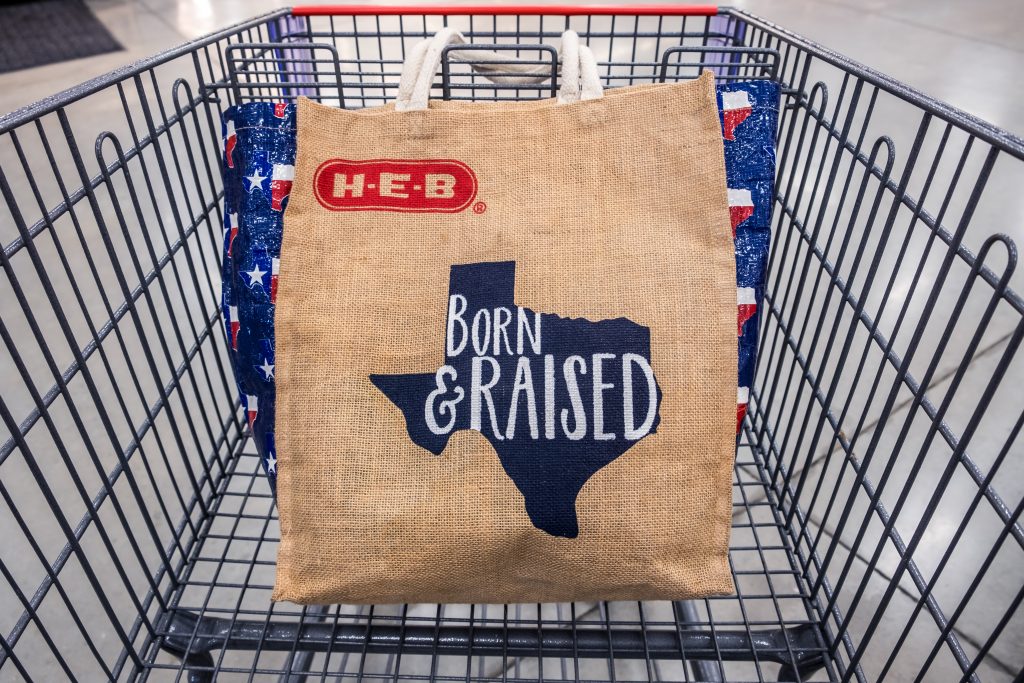Brands in industries like food & fragrance are experiencing an unprecedented change in consumer attention. According to ThomasNet.com, Private Label Foods reached a Year-Over-Year increase of 158% in 2018. The same year saw Costco’s Kirkland brand bring in a whopping $39 billion. The year before showing Kroger’s brands accounting for more than a quarter of the company’s dollar sales. These statistics are indicative of a consumer shift to store-brand foods. A move that hurts household names and could be detrimental to small/local businesses. But why is this shift occurring, and how can I possibly survive it? These are the questions we address in this blog!
Advantages of Private Labels

Deciphering the causes of this shift means understanding the advantages that private labels possess and the demands of the consumer. Ultimately, you can narrow both viewpoints down to two key factors:
Price Leadership
Companies that distribute private labels are in a unique position. They are buying products from name brands at far cheaper prices than smaller stores due to their efficient shipping structures and storage facilities for mass quantities. At the same time, they are selling their private label products even cheaper than other brands. Which they’re already selling to customers at the lowest possible price. In this way, these corporations can drive the value of other products down to a point where their brand is just as valuable monetarily. So why not save an extra 10 cents?
However, when looking deeper at consumer statistics, you can begin to see that these savings aren’t the only thing at play in winning over customers.
| Total | Grocery | Supercenter | Deep Discount | Dollar Store | |
|---|---|---|---|---|---|
| Change in Trips/Household | 0.5% Increase | 0.5% Increase | 2.3% Increase | 2.9% Increase | 0.2% Decrease |
| Change in $ Spent/Trip | 0.9% Decrease | 0.7% Decrease | 1.5% Decrease | 0.3% Decrease | 1.9% Decrease |
You can see from the chart above that while prices across all sellers decreased last year, the number of trips made by consumers increased the most in Supercenters and Deep Discount stores. These increases are necessary for these stores in winning back those savings from their customers by driving more trips to their stores. Hence why large supercenters can afford to offer the lowest prices for their private labels.
Customer Loyalty Across Multiple Product Lines
Consumers are shopping in fewer stores overall, forming bonds with their single stores that often have big names. Those bonds don’t sever when they see that big name on the products, especially when these corporations have the means to always keep them in-stock. The sort of loyalty afforded to these supercenters is unlike any other store, where people are guaranteed to spend time. And when the private-label brand you prefer is available exclusively in that store, why shop anywhere else?
It’s also important to remember that the shift to private labels has been brought on by the Millennial consumer, one that often researches their products before buying. These consumers care about quality; they want to know what goes into the products they purchase. A shorthand for this sort of standard-setting is brands. Many of us purchase multiple products from the same brand, and no brand can be found across as many product lines as the private label. If their peanut butter is good, their jelly must be good. And if their jelly is good, then their paper-towels must be even better!
Beating the Big Box Private Label

Seeing how these large corporations are maintaining the upper hand can strike fear into the small-business owner, but calling it quits cannot be an option. Following the 5 tips below can help keep your product at the top of customers’ minds, even when they’re in other stores.
1. Differentiate Your Product
In our previous blog, 10 Candle Business Marketing Tips, one of our suggestions was to know what makes your product unique. Identifying your value propositions is key in finding your target customers, but it’s also paramount in keeping them. Consistently reminding customers why your product is different from the competition creates the sense that they can’t get these products anywhere else. This should be the core of your marketing strategy that will then steer customers towards you and away from the supermarkets, i.e. the private label.
2. Nurture Consumer Loyalty
As we said above, private labels are forming bonds with their customers unlike any other brand. But that doesn’t mean there aren’t unique tactics for you to utilize! Try out a few of these Customer Loyalty strategies in your business that private labels are not offering:
- Loyalty Club – Offer exclusive deals/content to those who join your exclusive program!
- Giveaways/Raffles – Gamification of purchases gives customers a fun experience shopping for your products, especially when prizes are on the line!
- Birthday/Anniversary Perks – Reaching out to customers on their birthday or anniversary gives them a personalized connection to your brand, adding incentive to do more purchasing.
- Social/Location-Sharing Incentives – Offering discounts to those who share your products or tag your location online can do a lot in drawing people to your business.
3. Compete With Value
Value is clearly a factor with private label consumers. As we said above, these brands are price leaders that push down the perceived value of the products they sell. Therefore, it’s important to know what these products in your market are selling for, and how you’re competing in that value space. It’s well known that you don’t have to be the cheapest product in your market to be successful; quality is what sells. Marketing your products on the niches you fill or the materials you use can go miles in boosting your product’s value over the competition, especially if your prices are similar to the private labels.
Increase the perceived quality of your product by using noble components; such as higher quality containers, closures, and labels. These cosmetic touches will give your customer confidence in the product inside; that it’s worth trusting and purchasing. Compared to a private label product, the value of yours will have increased drastically without having to change your content or formula.
4. Cater to Consumer Trends
Millennial consumers are following trends, and private labels are doing the same. Store brands now offer just as many discount products as they do specialty and premium, casting a wider net to capture more customers. Knowing the trends of the day can help you do the same, so here are some current ones that have stuck around for awhile:
- Shelf-Stable Probiotics
- Fair Trade, Local, or Organic Sourcing
- Hemp-Infused Products
- Exotic Flavors/Fragrances
- Eco-Conscious Packaging (We have you covered)
5. Explore Less-Competitive Corners of Your Market
As you explore consumer trends and perceived value, you may come across niche areas of your market that aren’t getting hit by the private label. This is where you get ahead of the curve! The best way to beat these brands is to offer products that they aren’t; pure and simple. When there truly is no alternative to the unique products you’re selling, the private label means nothing to you.
Glassnow will always be in the corner of its small business owners, even when the battle gets tough. We hope these tips are enough to inspire new strategies for and confidence in your business to overcome this private label shift.

